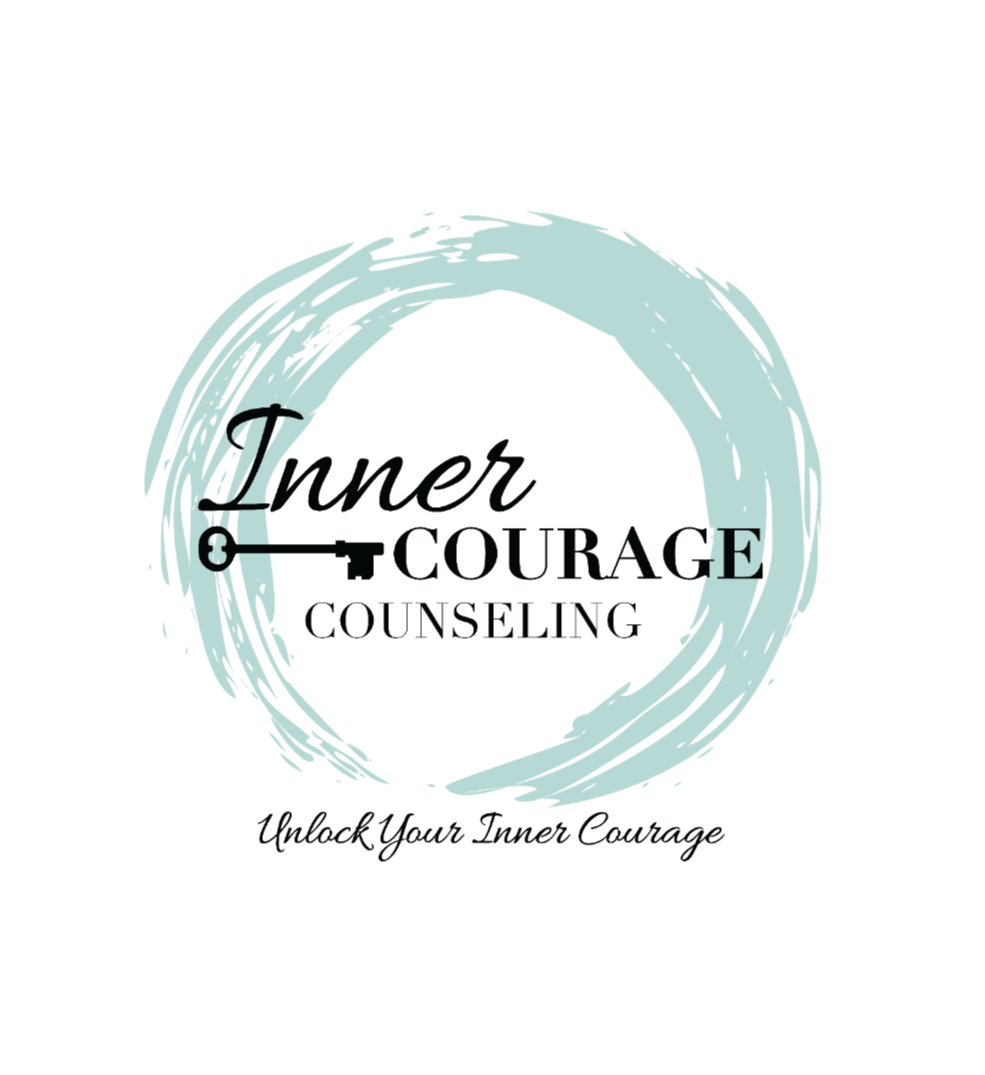Healthier Boundaries, Healthier You
By: Brittany Roback, LCPC, CADC
My friend called me over this past holiday weekend to ask me for advice on how to deal with a family member, let’s call the family member “Fred”. My friend is at a loss as to what to do. Emotions are high, feelings are hurt and she feels helpless when it comes to standing up for what she wants in the relationship. The friend is struggling because Fred is demanding control. He sets strict barriers that she does not understand and he will not allow any conversation to be had surrounding it, leaving my friend in the dark and unsure of how to progress in the relationship. Furthermore, Fred will eliminate those barriers when he pleases, pretending as if the disagreements/emotional turmoil never happened. My friend feels disrespected and scared because she wants to stand up for herself but does not want Fred to cut her off again.
She finds herself asking “How could he treat me this way out of nowhere?”, “I want him in my life, but not like this”, “I feel like I am walking on eggshells”.
The question is: How does my friend get off this emotional roller coaster and advocate for her needs in the relationship?
The answer: Boundaries!
WHAT IS A BOUNDARY?
Personal boundaries are “The limits and rules we set for ourselves within relationships and our expected response when those rules are breached.” (Therapistaid.com, 2016). Boundaries describe the expectations in a relationship and invisible lines are drawn to establish restrictions in our behaviors and others behaviors towards us. Personal boundaries can be concrete and abstract. A concrete boundary might be a “Man Cave” or “She-Shed”. Those spaces may be used for rest and relaxation and only certain individuals in the household are allowed.
WHO CAN ESTABLISH A BOUNDARY?
Boundaries are a healthy part of EVERY relationship. A boundary is set when a child sleeps in their own room instead of in their parent’s bed. A boundary is set when someone is taught to apologize for name calling. A boundary is set when a staff member is late for their work shift and is sent home.
WHY ARE BOUNDARIES IMPORTANT?
Establishing boundaries is a display of your self-worth and how you expect to be treated by others. You deserve to be respected and feel safe in your relationships. If individuals in your life are not willing to regard your needs, the mental and emotional effects of weak boundaries can leave lasting negative repercussions. Sharon Martin, LCSW, reports lasting effects of weak boundaries can lead to significant distress in one’s life (2017). Weak boundaries can lead to distrust in relationships, getting taken advantage of, and more severe forms of unhealthy relationships leading to abuse, financial damage, and addiction issues (Psychcentral, 2017).
Lack of boundaries effects your sympathetic nervous system, which is in charge of your body’s stress response to situations: your fight or flight. If you are dreading seeing a friend because they always ask you for money, your stress response is activated! You are burdened with anxiety, guilt and are flooded with thoughts on how to avoid this friend. It is not healthy for your body to be working as if there is a threat of harm, because your friend has poor boundaries.
HOW CAN I SET BOUNDARIES IN MY LIFE?
You might agree by this point that setting boundaries is important, but HOW do I set a boundary? Great question!!! Boundary setting can be as easy as incorporating a few key phrases into your life. I recommend memorizing 3 of the following statements. Make a point to practice using them this week. Try them out in a casual setting to get comfortable with the wording and applying it to different situations. When we practice skills in a less stressful setting, we are more likely to feel confident and prepared during a stressful encounter.
Phrases to communicate boundaries:
- I have a problem with that.
- I’ve decided not to…
- This is hard for me to say…
- I understand your point of view, I need….
- I’d prefer not to…
- It’s important to me…
- I feel uncomfortable about…
- I’d rather not.
- I guess we see it differently.
- Yes, I do mind.
Lastly, it is important to know and trust yourself. Having a gauge on your thoughts and feelings regarding your values will help to be consistent in your expectations and limitations in relationships. Consistency is key in maintaining boundaries. Like a moving train on a track, the hardest part is getting started. Once you jump start your boundary setting journey, it will get easier from there!
To find a counselor in your area visit:
https://www.psychologytoday.com/us
More information on our counselor’s that would love to help you learn to set better boundaries can be found at: InnercouragecounselingLLC.com
Resources:
https://uhs.berkeley.edu/sites/default/files/relationships_personal_boundaries.pdf
https://blogs.psychcentral.com/imperfect/2016/06/long-term-effects-unhealthy-weak-boundaries/
